Before adopting or even buying a pet, it must be kept in mind that the care needed to provide a quality life for pets goes far beyond providing water, food, and a roof. Alexander Strizhakov is an experienced Moscow veterinarian who has decided to give important warnings and advice to pet owners and those who are looking to adopt one. Here are the top 10 tips that he has to give for any (potential) animal owner.
The veterinarian also explains the motivation why he wrote the original article: “I wrote the original article because too often, I am faced with the careless attitude of owners towards their pets; many deaths could have been avoided by simply following these rules. It’s like with children, you always have to constantly remind them: don’t put your fingers in the socket, don’t eat with a knife, don’t run around at the construction site.”
More info: Instagram | pikabu.ru
1. How not to choose a pet
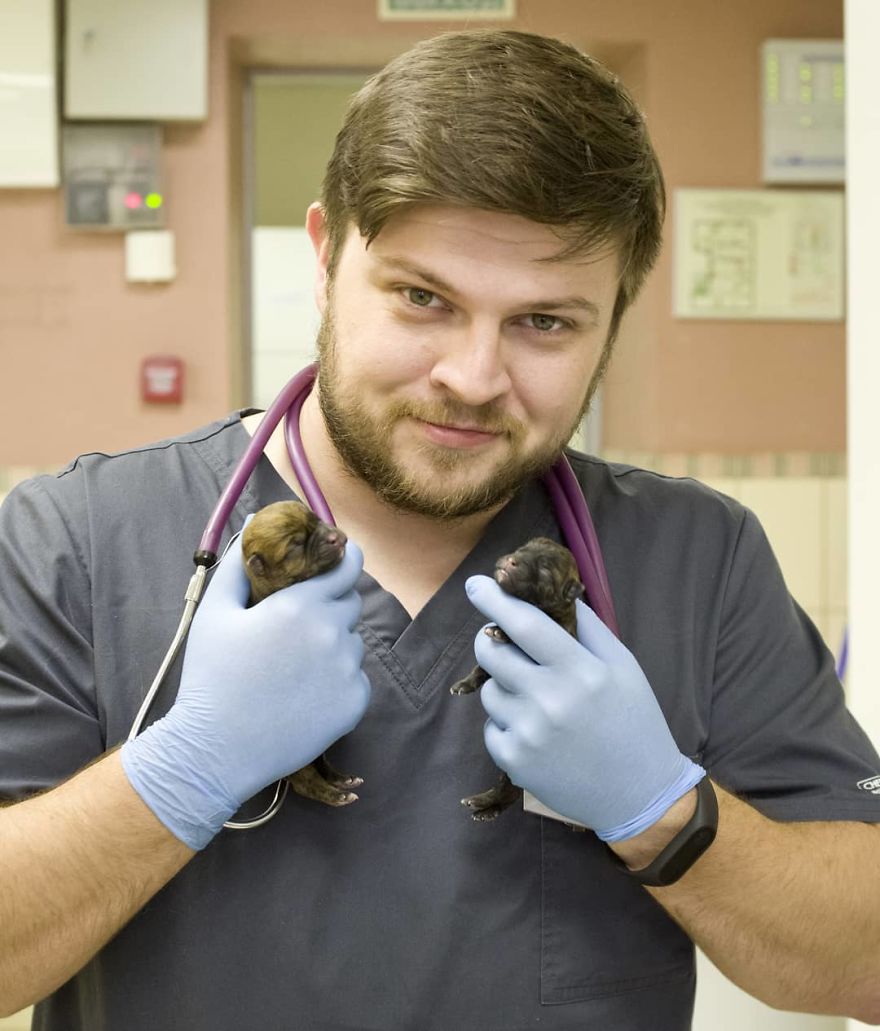
Image credits: astr_vet
“It’s not worth buying ‘purebred’ animals based on some internet ad, because a Scottish fold that costs a fiver is probably the product of disorganized inbreeding and vulnerable to genetic diseases. At 1 year old, he’ll bless you with spinal and joint problems, pulmonary edema, and other trifles such as diseases in the eyes and ears. This applies to any popular breed of dog or cat.
By choosing a pedigree animal, you are more likely to protect yourself from expensive veterinary treatments and the stress associated with them. Or get a mixed-breed animal—it will be safer (although nobody can give you a 100% guarantee).”
2. Check shelter conditions and records
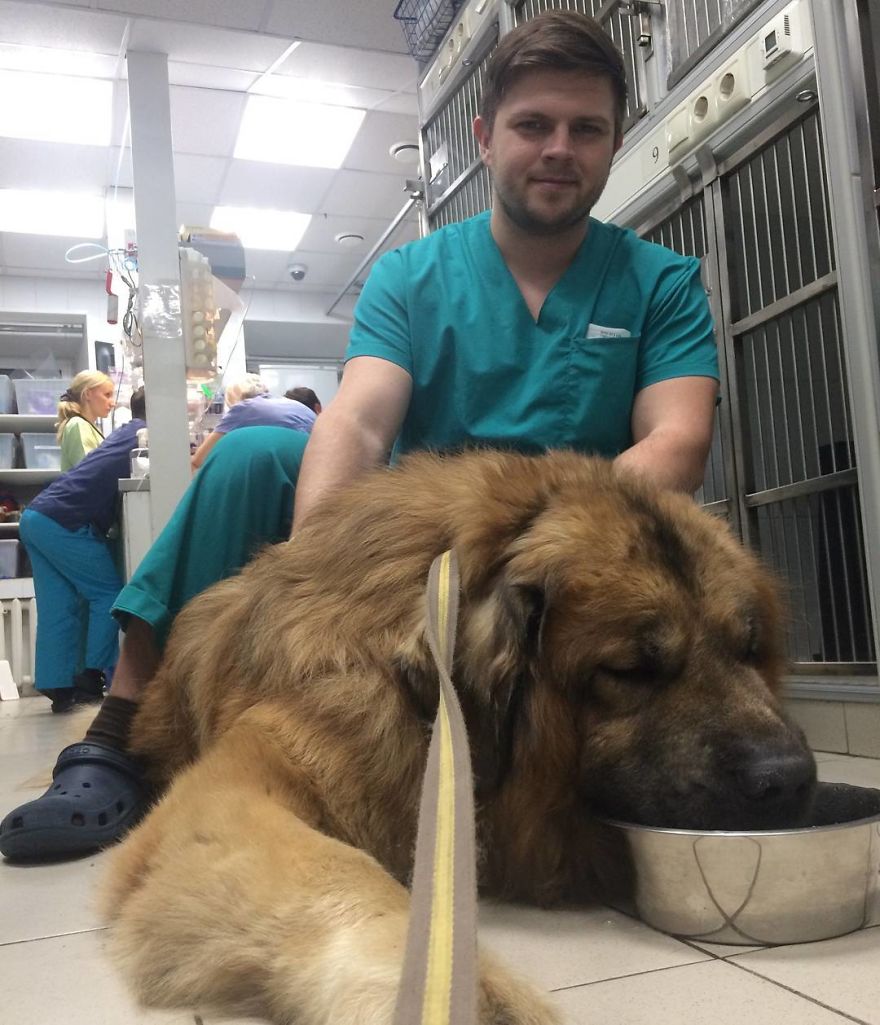
Image credits: astr_vet
“So, you come to the shelter and they’re all running around, so sweet, oh my God! A cat shelter must be clean of leukemia and FIV, as these cannot be treated. Demand a veterinary passport for a puppy/kitten to exclude all common genetic diseases specific to its breed, as well as its pedigree.”
3. Do not take home an animal less than 3 months old
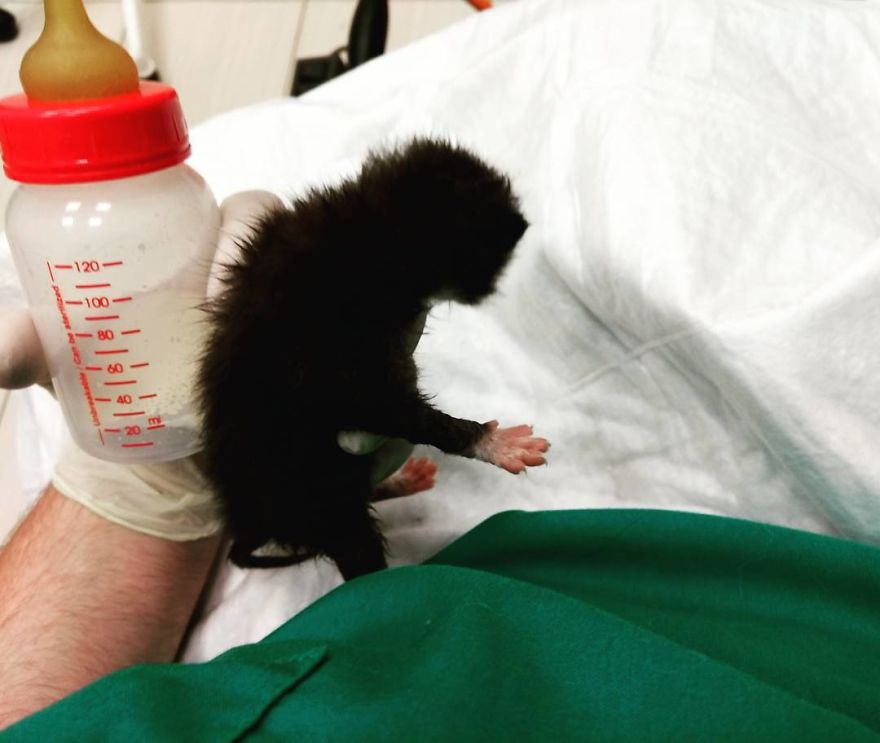
Image credits: astr_vet
“It’s better to get an animal that’s at least 3 months old. Many unscrupulous sellers try to sell the animals as soon as they are weaned from the mother—in 1 month, because it’s not profitable for them to feed the entire litter for up to 3 months. They don’t care about animal socialization, vaccinations and so on.
By taking home a slightly older animal, you can protect yourself against childhood illnesses such as congenital heart defects: at that age, they become obvious, and these animals are the smallest and most sickly in the litter.”
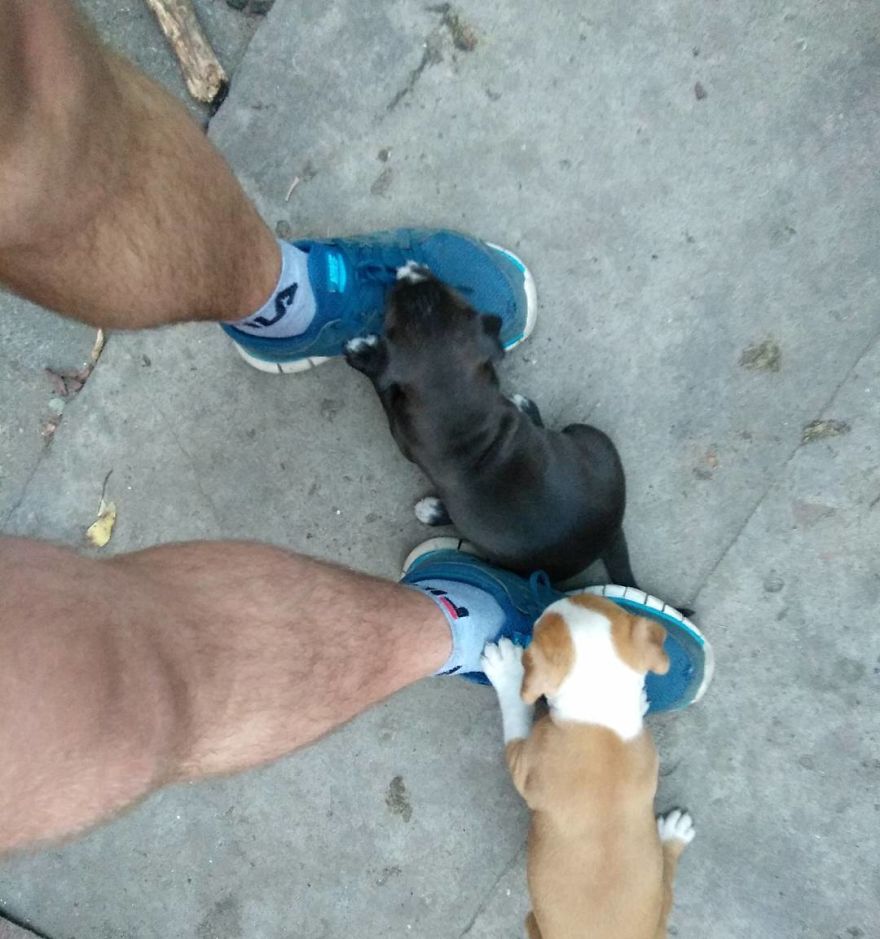
Image credits: astr_vet
4. Vaccinate regularly
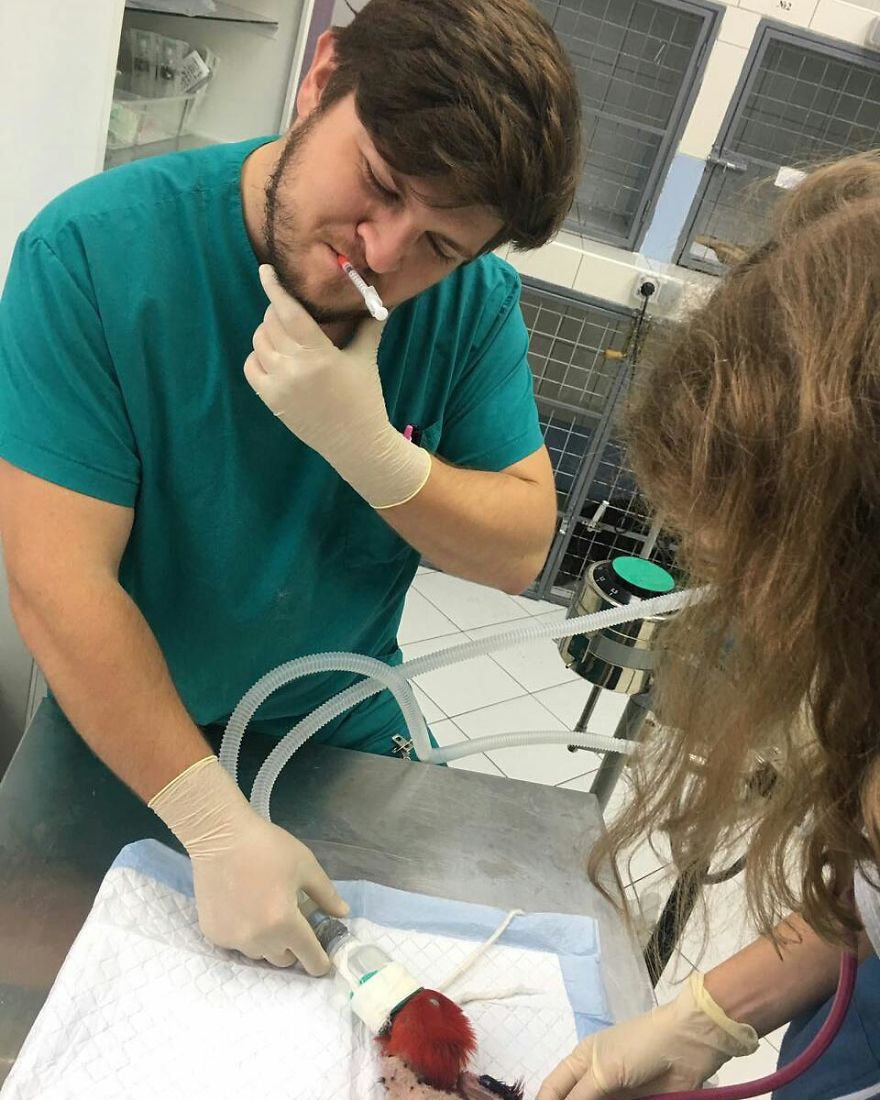
Image credits: astr_vet
“At our infectious disease hospital, we often receive 2-month-old animals who have been vaccinated with some kind of nebulous vaccine—nobody knows how it was stored or whether it even works. When this happens, the animal may develop complications such as sepsis, and may die. This is why you should pay attention to the seals and stickers on the veterinary passport: vaccination must be carried out in accordance with regulations.
Adult animals also get sick, so it’s best to vaccinate regularly if there are no contraindications. An annual rabies vaccination is mandatory for everyone. Rabies is fatal and, even if your pet lives at home, he is not immune to it.”
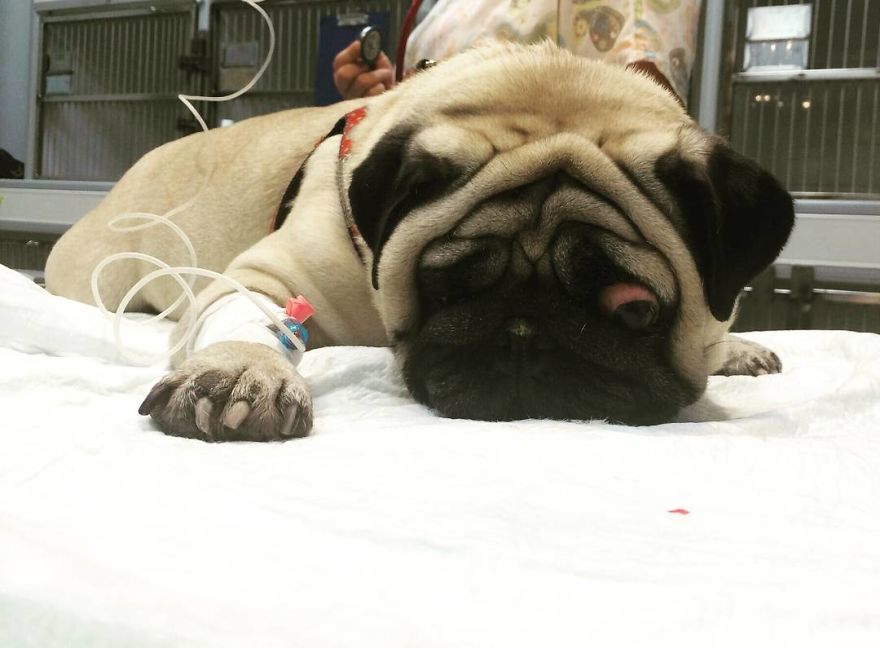
Image credits: astr_vet
5. Install screens on windows
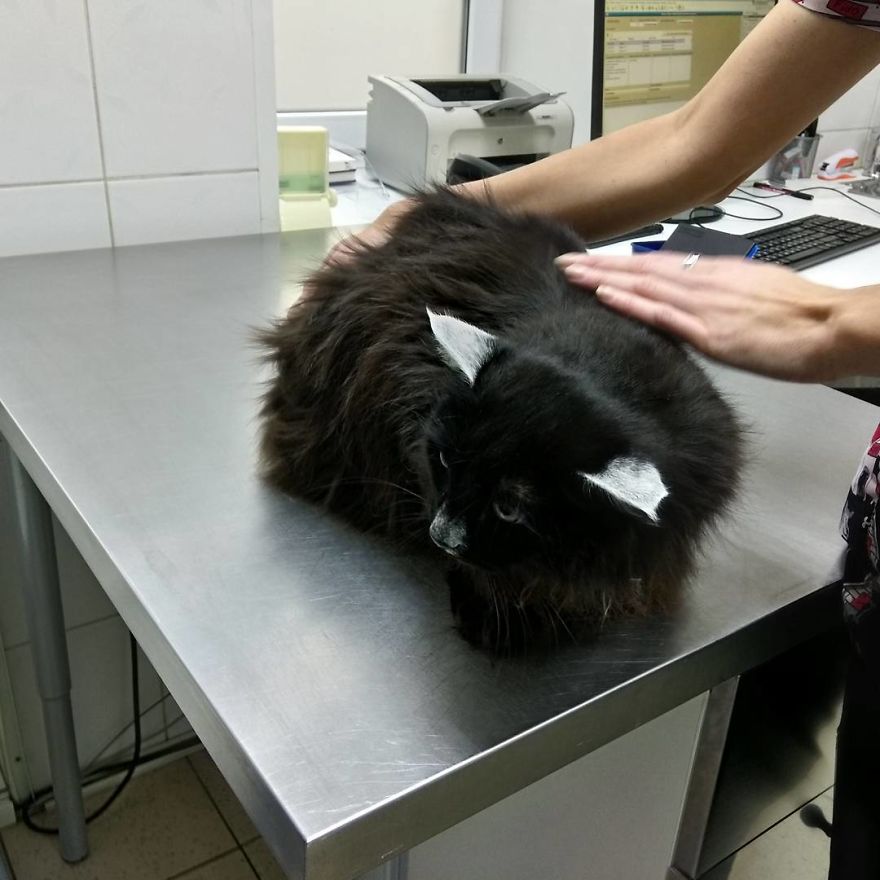
Image credits: astr_vet
“A cat, open windows, a desire for the unknown and escape, and voila—you know how this turns out. Another problem is the bars on folding windows, in which animals can be trapped.
If you don’t want a ‘flat cat,’ put screens on the windows! Don’t just choose basic mosquito netting, but those where the screen is firmly attached to the frame and the frame itself, to the window, so that the cat cannot gnaw on the screen, break it, or fall out of the window with it.”
6. Deworming
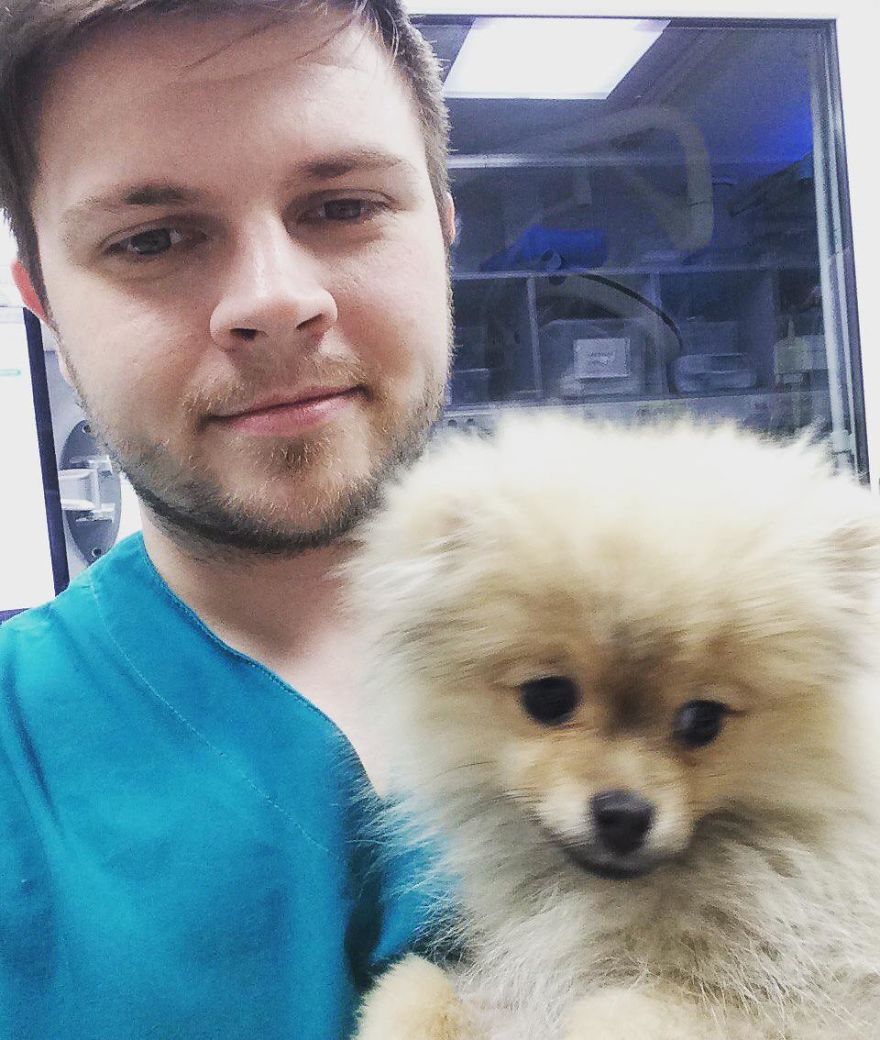
Image credits: astr_vet
“Even if your cat doesn’t go outside, it should be periodically treated for worms, because you go outside and may bring something in on your feet. Dogs need to be treated regularly. And yourself, for that matter.”
7. Pick appropriate food
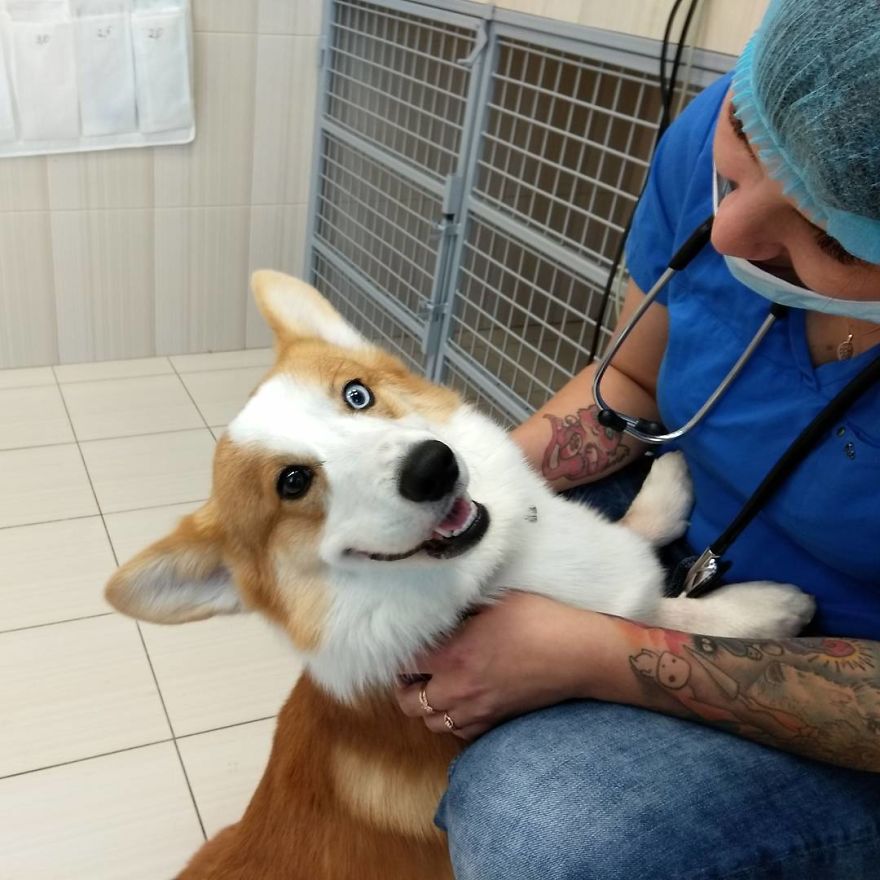
Image credits: astr_vet
“The battle over which is better, natural or commercial pet food, is as epic as the Battle of Thermopylae. Some say that “kibble” causes cancer and cystitis, while others say that “natural” food is awful. The truth is somewhere in the middle:
You shouldn’t feed your animals the cheapest food, just like you shouldn’t eat nothing but cup noodles yourself: this is fraught with digestive problems. Normal commercial foods are made by specialists—veterinary nutritionists—to contain everything an animal needs, from vitamins to trace elements. There are special foods for animals with various conditions: for animals with gastrointestinal problems, for senior pets, and so on.
Do not assume that natural food is dumplings, bones, raw meat, and food from the master’s table. A normal ‘natural’ diet is calculated by a nutritionist individually for each animal.”
8. Sterilize
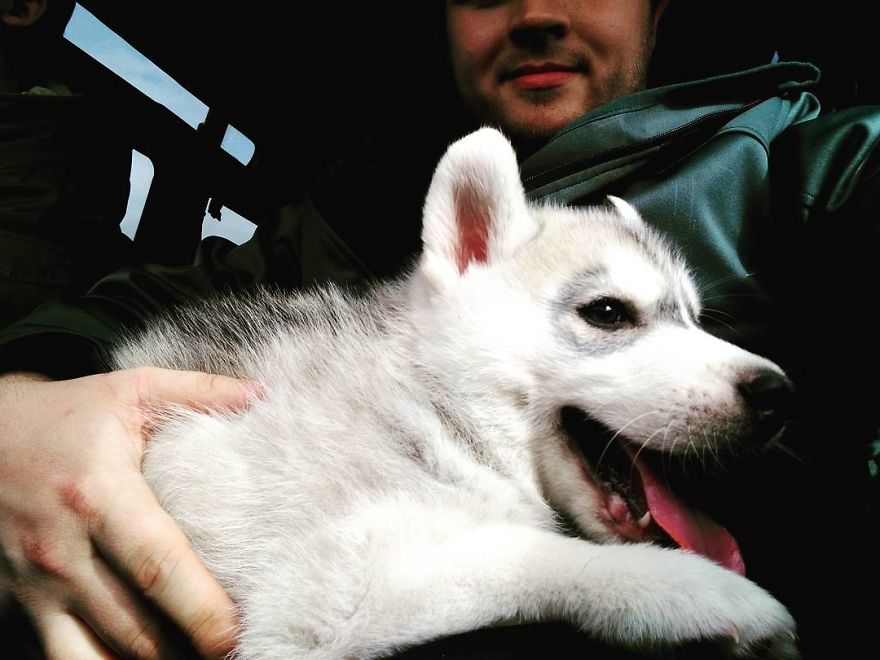
Image credits: astr_vet
“If the animal doesn’t have breeding potential or if you don’t want to be making posts like ‘Cute kitten/puppy is looking for a home,’ then it’s better to spay or neuter your animal. Let me tell you why:
No accidents or smelly stains.
With sterilization, there is no risk of uterine infection in which a cavity fills with pus in the animal’s body.”
9. Taking in a stray animal
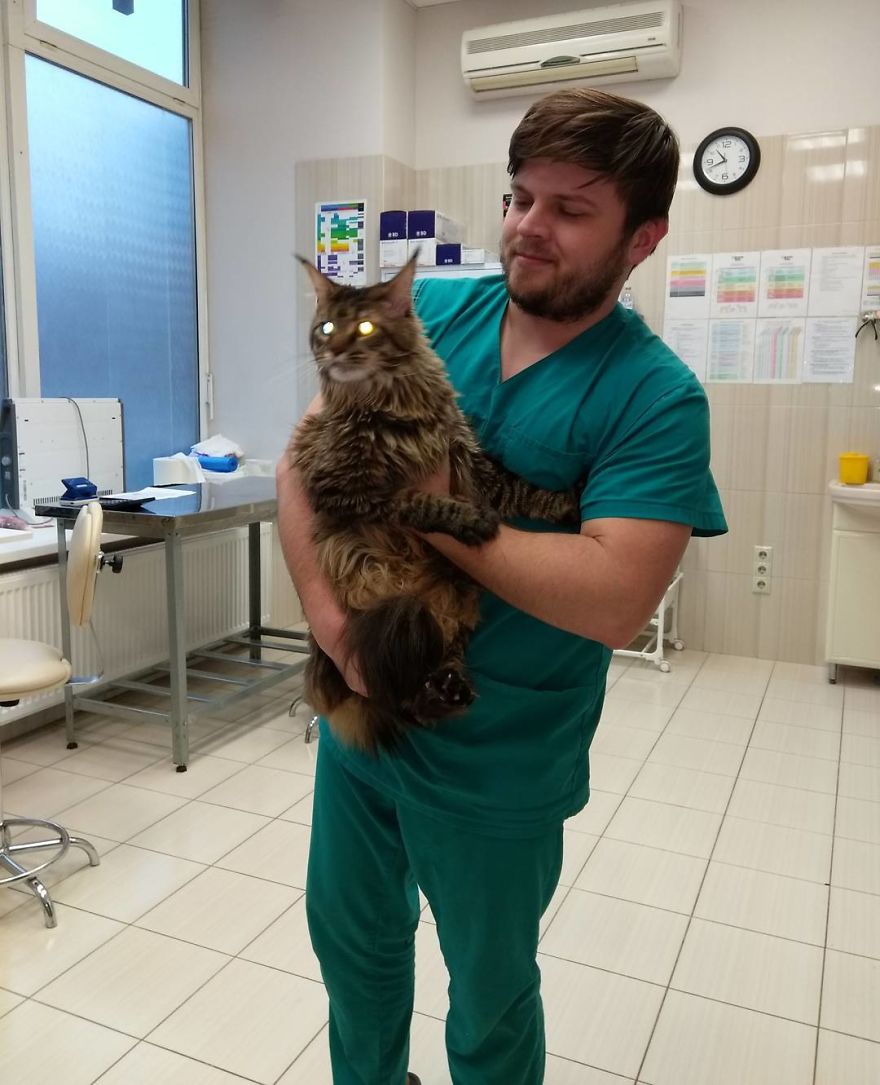
Image credits: astr_vet
“If you take in an animal off the street, take it to the veterinarian first: they will determine its age, weight, whether it has fleas, and so on. It will also need a dermatological examination and a complete blood count. If everything’s okay, then you can go home after the appointment; if it’s not okay, then you’ll get prescriptions for treatment; and if it’s seriously not okay, then your animal will go to the vet hospital. Nobody can guarantee anything, but being willing to invest in exams, medication, blood transfusions, and qualified doctors to treat the animal significantly improves its chance at life.”
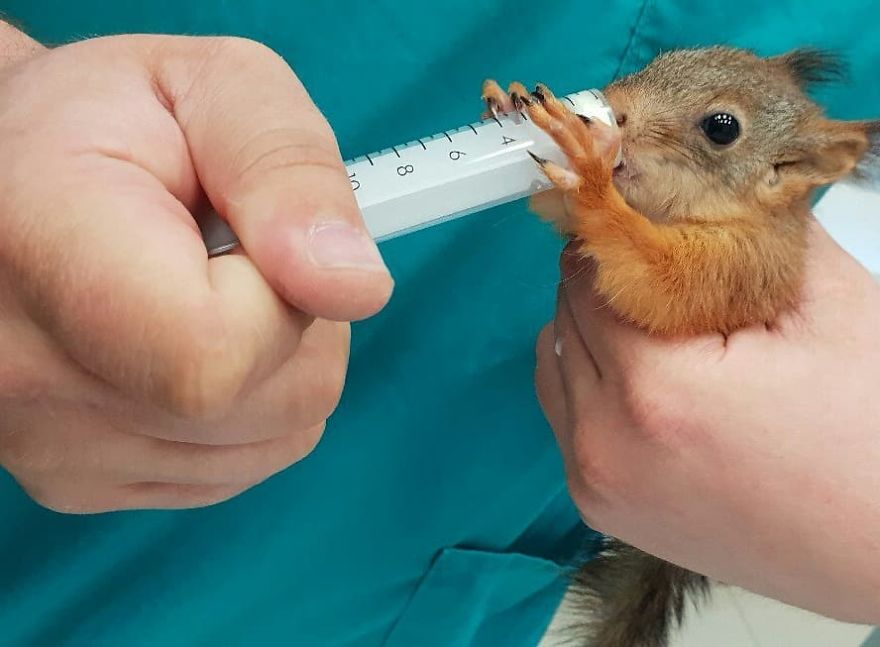
Image credits: astr_vet
10. Don’t delay your visit to the vet

Image credits: astr_vet
“Animals are regularly brought to us because of a sneeze, strange grunts, or decreased appetite—the reasons vary, but usually, they bring them quickly, and we can do something. But there are other kinds of owners. If your pet isn’t eating, isn’t eliminating properly, isn’t behaving normally, do not wait a week, don’t assume it’ll pass—take your pet to the vet and you will be happy.
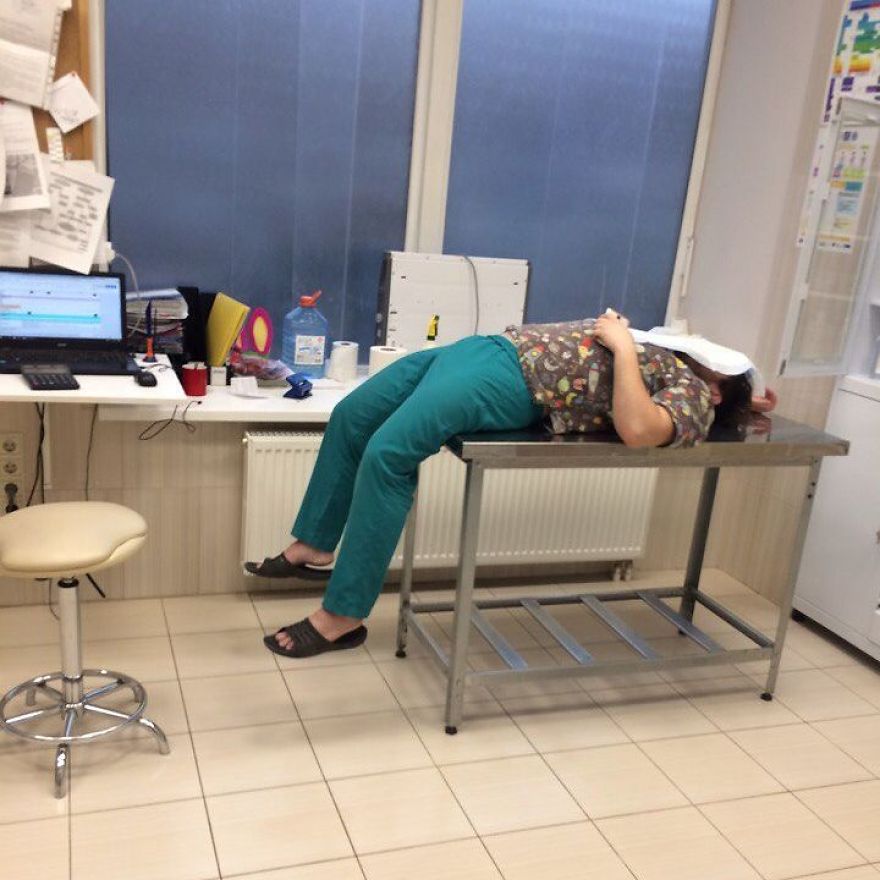
Image credits: astr_vet
And that’s about it. Take care of your lovely animals according to these tips, and everything should be just fine. Got any tips of your own? Share them in the comments, though try not to contradict the opinion of a professional.
from Bored Panda https://ift.tt/3idLiBK
via IFTTT source site : boredpanda